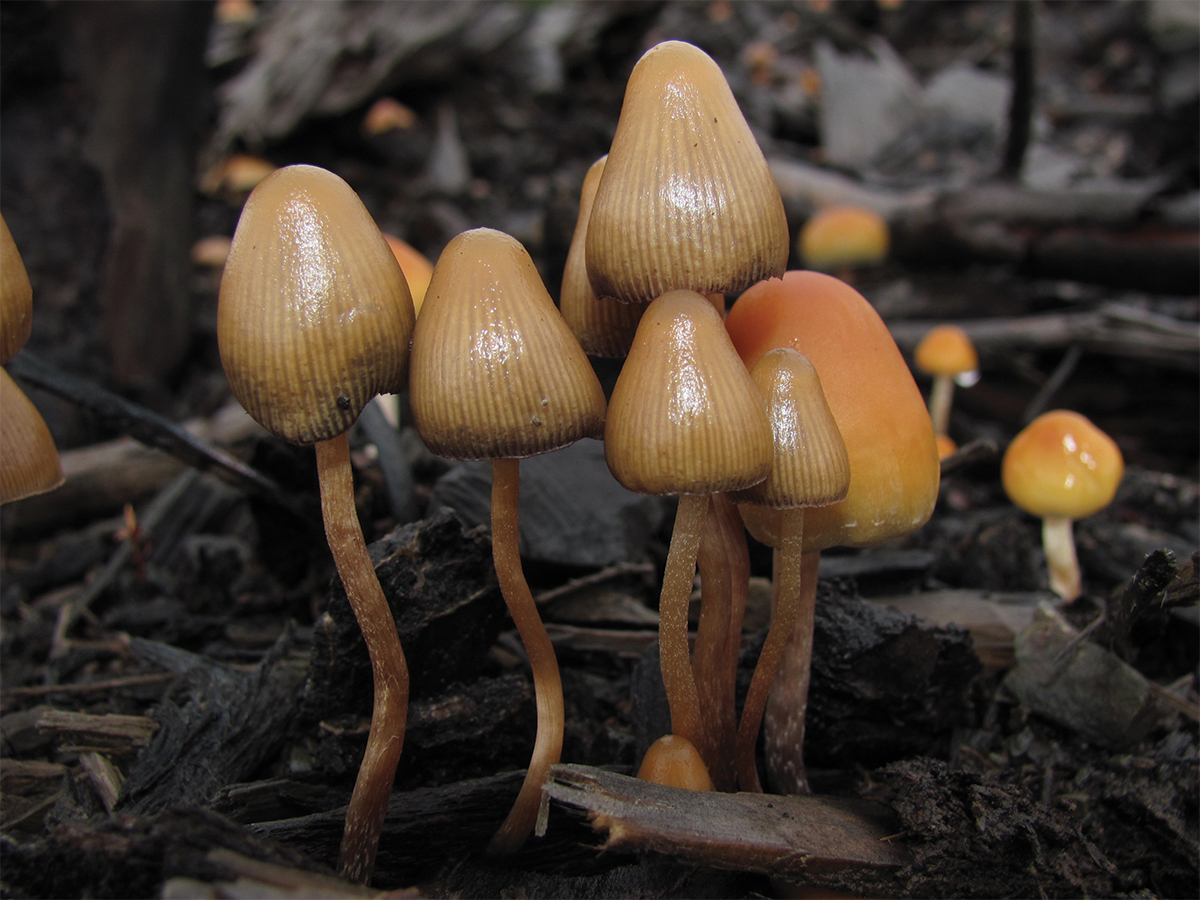Denver recently passed legislation decriminalizing psilocybin mushrooms and the rest of the United States might do well to follow the Coloradoan city’s example. It isn’t surprising Denver voted to decriminalize the substance, seeing as they were one of the earliest cities to legalize marijuana for recreational use, but they should not be the last. Magic mushrooms have been the subject of several recent scientific studies intent on furthering the field of medicine; further decriminalization throughout the U.S. would allow medical research to fully explore their potential as a powerful tool in the fight against mental health issues.
As with most other non-prescription drugs, there is a common fear among many members of society that the use of psychedelics could lead to depravity, and that drugs like mushrooms offer no apparent health benefits. The sixties brought with them horror stories of hallucinating hippies losing their minds and leaping out of windows to their grisly deaths, establishing a stigma that haunts society to this day.
Many of those who have participated in studies researching the medicinal effects of psilocybin are likely to find these old urban legends of people defenestrating themselves a little laughable. Though further research is required, psychedelics have been shown to potentially improve mental health significantly.
Mushrooms seem to play some role in combating depression, alcoholism and drug addiction. In a study conducted late last year, participants reported a significant decrease in heavy drinking days after treatment. Patients were screened and selected with the utmost care, and the drug was administered in a controlled medical environment with trained staff on site should the treatment ever become too intense.
A 2016 research article published in the Journal of Psychopharmacology in Oxford, England suggests that psilocybin has the potential to reduce existential distress in users. The research article concludes with promising results, explaining that psilocybin “produced substantial and enduring decreases in depressed mood and anxiety in patients,” with said effects “[enduring] at least 6 months.” Larger studies with a more diverse selection of participants are desperately needed in order to properly assess the generality of these results.
There are a number of theories as to why magic mushrooms enjoy such high success rates. The mystical experiences psilocybin provides when it hits the receptors in one’s brain are reportedly highly therapeutic, improving one’s ability to cope with bouts of melancholy. The mushrooms combat depression without the “emotional blunting” effects of more traditional antidepressants.
One study published in the neuroscience journal Neuropharmacology looked at 20 individuals diagnosed with depression as they underwent two dosing sessions with the psychoactive substance. Participants were scanned using a functional MRI before the dosing and again a day later, and post-treatment scans revealed increased amygdala responses when shown pictures of positive expressions. Several of the participants went so far as to report feeling “emotionally re-connected” and a greater sense of acceptance.
All this being said, while decriminalization removes the harshest of penalties for owning the drug, it doesn’t mean the drug is legal. The law simply means that arresting individuals for using the drug is law enforcement’s lowest priority. Future legalization is by no means off the table, but for now, the primary benefit of this legislation is allowing researchers to get their hands on the drug with greater ease than before. That being said, Oregon may soon have a measure on their 2020 ballot regarding the legalization of psilocybin mushrooms, and Californian activists are attempting to establish a similar ballot initiative.
As was the case with marijuana, public perception of magic mushrooms could shift dramatically over time. Until then, activists will be crossing their fingers and hoping that psilocybin will eventually be approved by the FDA. Mushrooms may or may not be the 100 percent fix for depression and addiction doctors are looking for, but there is enough promise here to warrant further inspection regardless. Psychedelics don’t just make for a pleasant Saturday afternoon — they could very well have the power to heal some of the toughest cases of depression and addiction.








